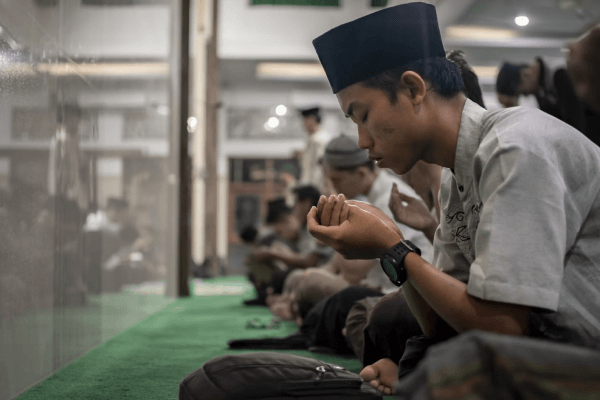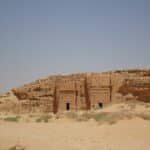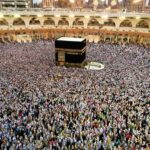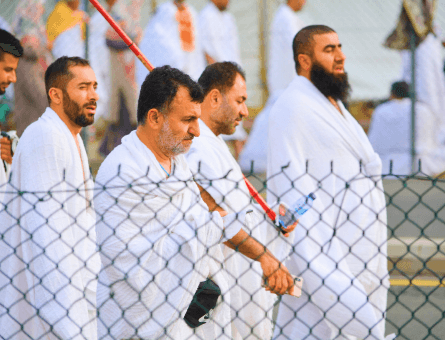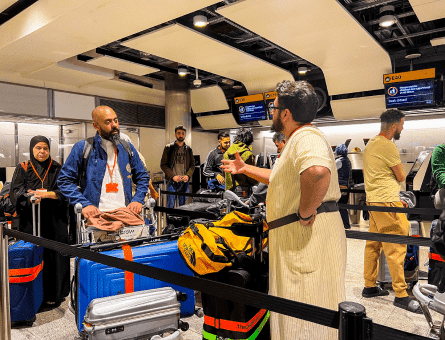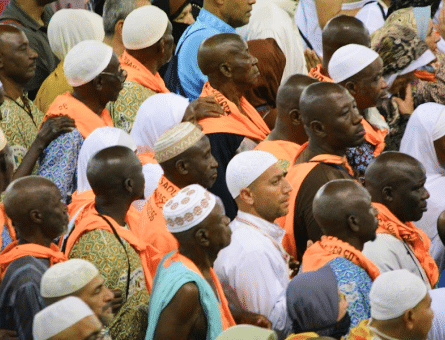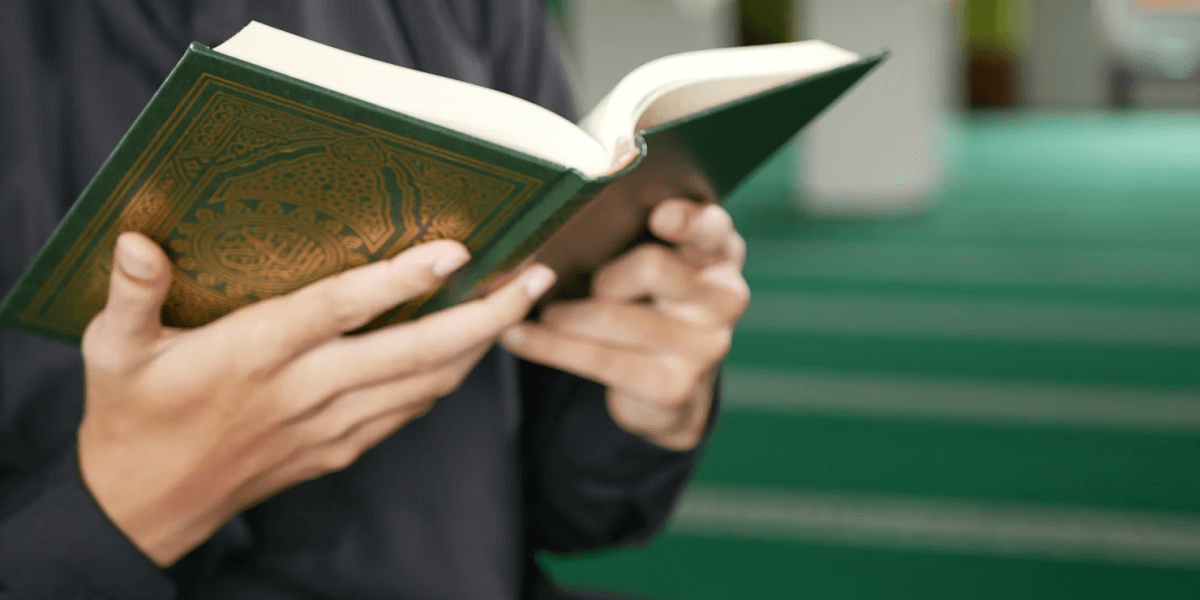5 Pillars of Islam – Shahada, Salah, Zakat, Sawm and Hajj
The five Pillars of Islam are the fundamental Islamic principles that serve as the backbone of Islamic practice. These pillars, including Shahada (Declaration of Faith), Salah (Prayer), Zakat (Almsgiving), Sawm (Fasting), and Hajj (Pilgrimage), are essential obligations for every devout Muslim.
They form the core framework through which individuals demonstrate their faith, devotion, and submission to Allah (SWT).
Why are the five pillars of Islam so important?
By upholding these Islamic pillars, Muslims establish a spiritual connection, find guidance in their daily lives, purify their souls, and foster unity within the global Muslim community.
The 5 Pillars of Islam epitomize the essence of Islamic teachings and shape how Muslims live, embodying the principles of Islamic faith, worship, charity, self-discipline, and pilgrimage.
Are the five pillars of Islam transparent?
Yes, the 5 pillars of Islam are transparent, and any devoted Muslim can understand and follow them easily.
Brief History of Islam
Islam emerged in the 7th century CE in Makkah, Saudi Arabia, through the teachings of Prophet Muhammad (PBUH). It spread rapidly, uniting Arabian tribes under a monotheistic faith. The Quran was revealed as the holy book, guiding Muslims in matters of Islamic faith, ethics, and governance.
5 Pillars in Islam
The five pillars of Islam are:
- Shahada: Declaration of faith in the oneness of Allah (SWT) and the prophethood of Muhammad (PBUH).
- Salah: Obligatory prayers performed five times a day.
- Zakat: Obligatory almsgiving to support the needy and purify wealth.
- Sawm: Fasting during the month of Ramadan as an act of devotion and self-discipline.
- Hajj: Pilgrimage to Makkah, a once-in-a-lifetime obligation for those physically and financially able.
Shahadah – First Pillar in Islam
The Shahada, or Declaration of Faith, is Islam’s core and foundational belief. It is the declaration that there is no god but Allah (SWT), and Muhammad (PBUH) is His messenger. The Shahada holds immense significance for Muslims worldwide and is the basis of Islamic belief and practice.
The phrase “La ilaha illallah Muhammadur Rasulullah” encapsulates the Shahada. It translates to “There is no God but Allah, and Muhammad (PBUH) is the messenger of Allah.” This declaration affirms the belief in Muhammad’s divine unity and prophethood, recognising him as the final messenger through whom Allah’s (SWT) guidance was revealed.
The Shahada is more than just a verbal statement; it is a profound affirmation of Islamic faith that shapes the lives of Muslims. It constantly reminds them of their devotion and submission to Allah’s (SWT) will. The Shahada is recited during prayer, at times of celebration, and even during moments of hardship and adversity.
From the early companions of Prophet Muhammad (PBUH) to contemporary believers, the Shahada has been a source of strength, comfort, and inspiration. Converts to Islam often share their transformative experiences upon embracing the Shahada, testifying to its profound impact on their lives.
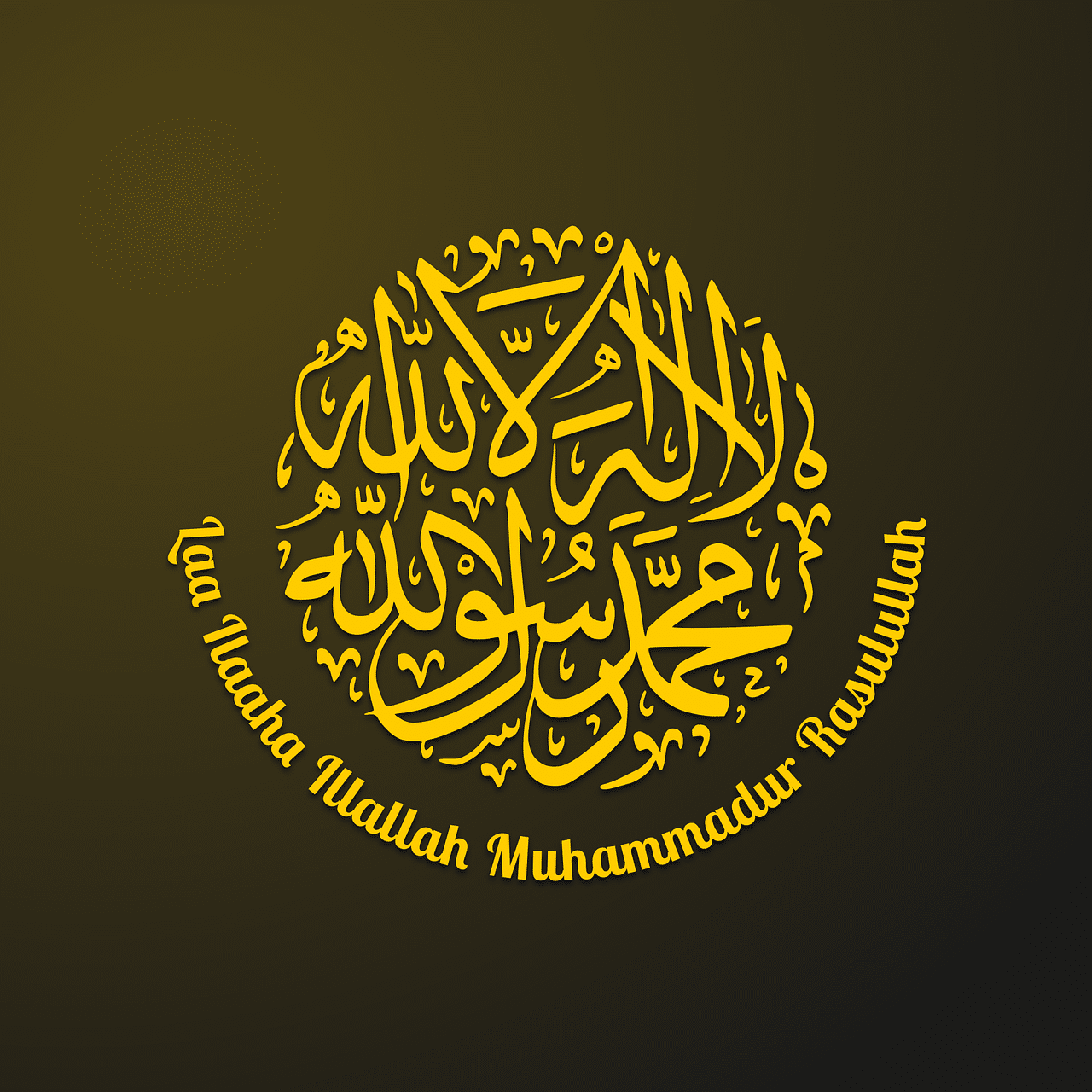
Salah or Prayer
Salah, or prayer, holds a central place in Islam as a means of connecting with Allah (SWT) and seeking spiritual purification. Prayer is a fundamental act of worship performed by Muslims worldwide, emphasising the importance of regular communication with the Creator.
Prayer encompasses both physical and spiritual aspects. Prayer involves specific postures and movements, such as standing, bowing, prostrating, and sitting, symbolising humility, gratitude, and submission to Allah (SWT). These physical acts are accompanied by recitation of verses from the Qur’an, supplications, and remembrance of Allah (SWT).
Muslims must perform five daily prayers, known as the five obligatory prayers. These include Fajr (dawn), Dhuhr (midday), Asr (afternoon), Maghrib (evening), and Isha (night). Each player has a designated time and a number of units (rak’ahs). These prayers punctuate the day, reminding believers of their connection to Allah (SWT) and their purpose in life.
Muslims can perform these prayers in a mosque, a designated area specifically for prayer and other holy acts. A mosque holds prayer five times a day, where Muslims gather to pray. Muslims have a deep reverence for mosques, which serve as sacred spaces for prayer and spiritual contemplation. These architectural marvels are not only places of worship but also symbols of Islamic identity and community.

Why do Muslims pray 5 times a day?
Salah serves multiple purposes in the life of a Muslim. Firstly, it is a means of expressing gratitude to Allah (SWT) and acknowledging His blessings. Through regular prayer, Muslims recognise the source of their blessings and develop a sense of humility and gratitude.
Additionally, Salah strengthens the bond between the worshipper and Allah (SWT). It is an intimate form of communication where believers directly converse with their Creator, seeking guidance, forgiveness, and blessings. Standing before Allah (SWT) in prayer reinforces the belief in His presence, mercy, and power.
Zakat
Zakat, or almsgiving, is an essential pillar of Islam that promotes wealth purification and social responsibility. It is a mandatory act of charity through which Muslims share a portion of their wealth with those in need, as prescribed by Islamic teachings.
Zakat serves two primary purposes. Firstly, it purifies an individual’s wealth by recognising that Allah (SWT) ultimately bestows all wealth. By giving a portion of their wealth as Zakat, Muslims acknowledge that they are merely custodians of their possessions and that wealth should be shared for the greater good.
Secondly, Zakat has a profound impact on society. It addresses the issue of economic disparity by redistributing wealth and ensuring the welfare of marginalised communities. Zakat is a social safety net, assisting the poor, needy, orphans, widows, and other vulnerable groups.
The calculation and distribution of Zakat are based on specific guidelines. Muslims calculate Zakat based on their accumulated wealth, including cash, investments, business assets, and other applicable assets, while deducting their debts and necessities. The prescribed Zakat rate is generally 2.5% of the net wealth.
Zakat is distributed to eligible recipients, as outlined in Islamic teachings. It can be given directly to needy individuals or through established charitable organisations. The funds alleviate poverty, provide necessities, and support education, healthcare, and infrastructure development.
Zakat encourages Islamic believers to develop a mindset of generosity, selflessness, and solidarity. It promotes an equitable distribution of wealth and fosters a society where the less fortunate are cared for and supported. Through the practice of Zakat, Muslims witness firsthand the positive change they can bring to individuals and communities, affirming the core values of compassion, justice, and social welfare.

Sawm
Sawm, or fasting, holds great importance in Islamic teachings, particularly during the month of Ramadan. Ramadan entails abstaining from eating, drinking, and other similar acts all the way from dawn until dusk. Fasting during Ramadan is a physical act and a spiritual journey that holds profound significance for Muslims.
The primary importance of fasting during Ramadan is fulfilling one of Islam’s five pillars. It is a means of self-discipline and self-control, reminding Muslims of their dependence on Allah (SWT) throughout life and their ability to restrain their desires for His sake. Fasting in Ramadan cultivates qualities such as patience, gratitude, empathy, and compassion.
Beyond the physical act of abstaining from food and drink, fasting in Ramadan has spiritual significance and benefits while changing their way of life. It is a time for introspection, reflection, and increased devotion to Allah (SWT).
Muslims engage in additional prayers, reciting the Qur’an, and acts of charity this month. Fasting in Ramadan helps purify the soul, increase mindfulness, and strengthen one’s connection with Allah (SWT).
While the obligatory fast in Ramadan is the most emphasised when one is an adult, there are other types of fasts in Islam other than Ramadan. These include voluntary fasts on Mondays and Thursdays, the white days (13th, 14th, and 15th of each lunar month), and the fast of Ashura (10th of Muharram). Voluntary fasting is encouraged to earn additional rewards and draw closer to Allah (SWT).

Hajj
Hajj, the pilgrimage to the holy city of Makkah, is a significant pillar of Islam with immense spiritual and communal importance. It is an annual pilgrimage that millions of Muslims from around the world intend to seek closeness to Allah (SWT) and fulfill a religious obligation.
At the heart of the Hajj pilgrimage lies the Kaaba, a sacred structure believed to be the first house of worship built by Prophet Ibrahim (Abraham) (AS) and his son Ismail (Ishmael) (AS). The Kaaba serves as the focal point of Hajj, and pilgrims circumambulate it in a ritual known as Tawaf, symbolising unity and devotion to Allah (SWT).
Hajj consists of several stages and acts that follow the footsteps of Prophet Muhammad (peace be upon him) and the Prophet Ibrahim (AS). These include wearing the Ihram, a simple white garment symbolising purity and equality, traveling to the plains of Arafat, spending a night at Muzdalifah, stoning the pillars symbolising Satan, and performing the symbolic act of sacrificing an animal.
Personal narratives and reflections from individuals who have performed Hajj offer unique insights into the transformative nature of the pilgrimage. They share stories of spiritual awakening, a deepened connection with Allah (SWT), and a sense of profound unity among diverse Muslim pilgrims from all corners of the globe.
Hajj is not merely an individual act of worship but also a communal experience that emphasises the unity of the Muslim ummah. Pilgrims from different backgrounds, languages, and cultures gather in Makkah, showcasing Islam’s universal brotherhood and sisterhood. The sense of unity and equality experienced during Hajj is a powerful reminder of the oneness of humanity, and should be experienced once in life.
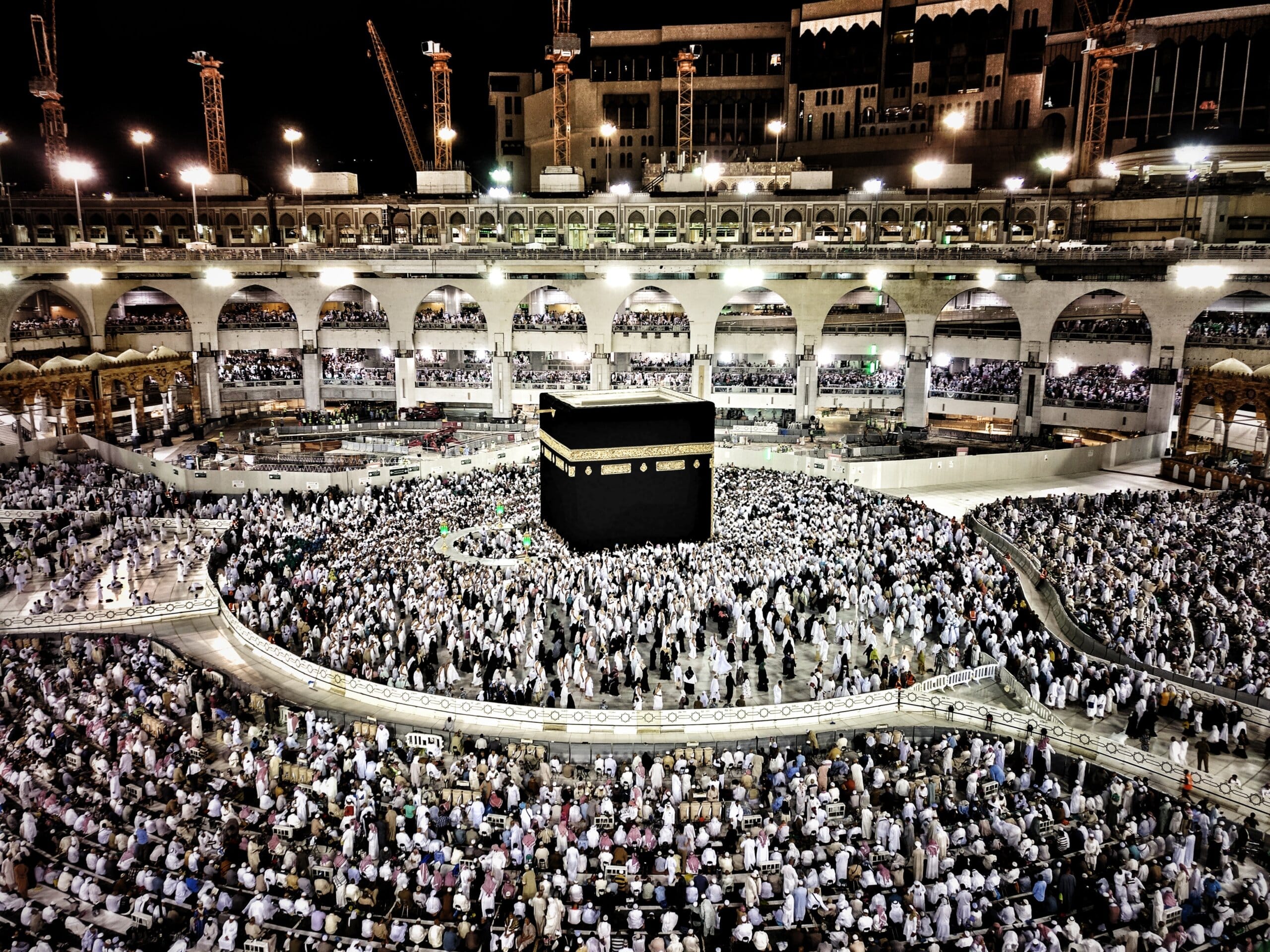
Facts about the 5 pillars of Islam?
Let’s take a look at some important facts about the 5 pillars of Islam and how Muslims can benefit from them.
Fact 1: The Hidden Benefits of Shahada
Beyond its profound Islamic significance in everyone’s life, did you know that the Shahada holds hidden benefits for individuals? By declaring their faith, Muslims find a sense of purpose, direction, and guidance in their lives. It brings a profound sense of inner peace, contentment, and a deep connection with Allah (SWT), providing a solid foundation for their spiritual journey.
Fact 2: The Healing Power of Salah
Salah not only serves as a means of worship but also has incredible healing properties. Scientific studies have shown that the physical movements, postures, and recitations during prayer promote blood circulation, flexibility, and mental relaxation. Additionally, the rhythmic nature of Salah has a calming effect on the mind, reducing stress levels and promoting overall well-being.
Fact 3: Zakat’s Economic Impact
Zakat is not just a form of charity; it also has a significant economic impact. When Muslims fulfill their obligation of giving Zakat, it helps in wealth distribution and reducing income disparities within society. This act of giving plays a crucial role in alleviating poverty, supporting education, and fostering economic stability and social welfare.
Summary – The 5 pillars of Islam
The 5 Pillars of Islam are foundational to the lives of Muslims, shaping their beliefs, actions, and spiritual growth. Muslims establish a strong connection with Allah (SWT) and their fellow believers by embracing the Shahada, Salah, Zakat, Sawm, and Hajj.
Let us try to deepen our understanding and practice of these pillars, enriching our lives with faith and devotion through the teachings of Islam and adapting the five pillars of Islam one pillar at a time.
Through His Names
New course with
Ustadh Shabbir Hassan




